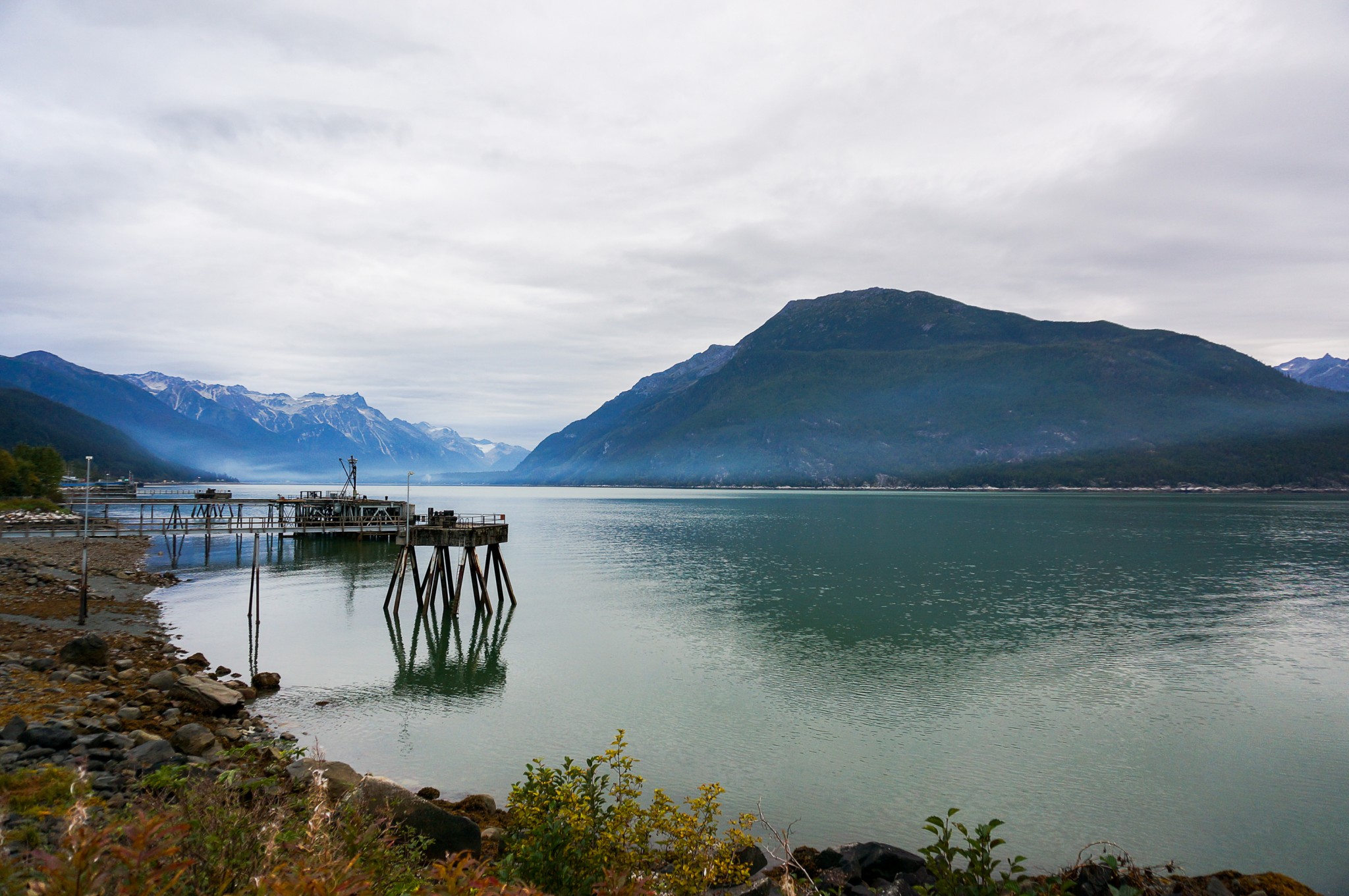I find it puzzling how few of us acknowledge our temporary existence. Most of us will hardly live a century. When you consider that the first chunk of our lives we are young and dependent, and in the final years we are old and dependent, we don't actually have a whole lot of time here.
What are most of us doing in that in-between?
An overwhelming majority of those born in a developed place spend it cemented. Stuck. For many, the peak period of energy, health, and lack of ties is spent working, with snippet holidays in between. We do this, for decades.
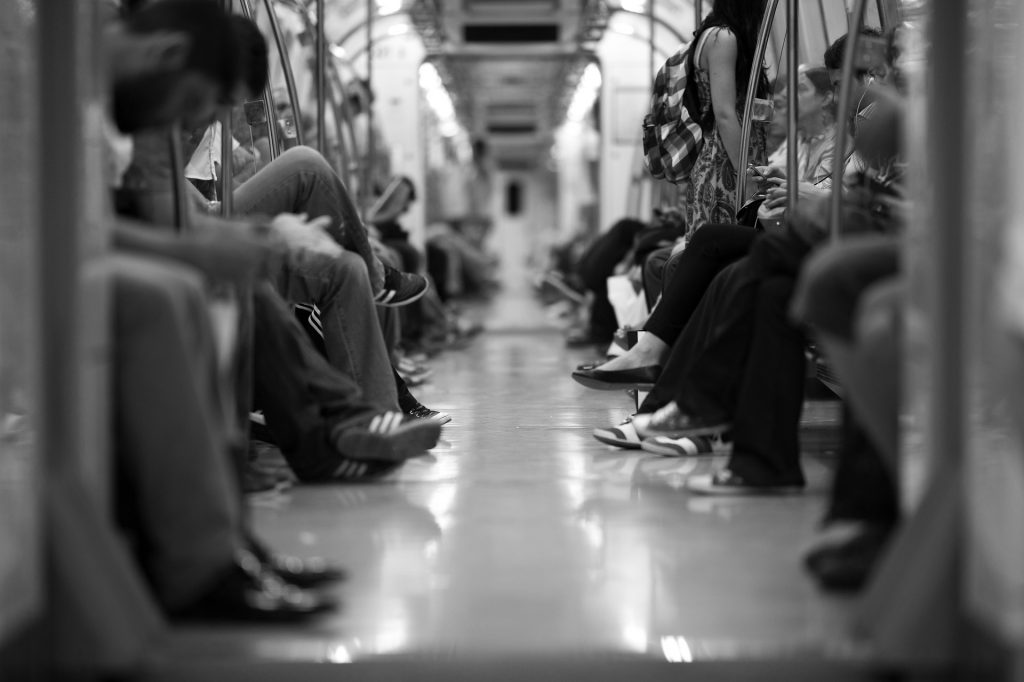
Though I myself was born in a developed country with opportunities to work, travel, or study abroad, I didn't. I thought you needed money to do any of those exotic things (turns out, you hardly need any). Being young and plagued by the pressure to study and pursue a career STAT, I joined the zombie-like hoards choosing a university program, and promptly kissed my youth goodbye.
Cautiously, my 17-year-old self contemplated. Our graduating class was given an abundance of resources to help us choose where we should work until we die. That final semester of high school was filled with excited boasts as each student learnt what universities they'd been accepted into. Continuously, I flip flopped on what to do.
In the end, I declined my acceptance into a writing degree. Instead, I pursued a more logical albeit compelling path: nursing. My aunt, whom I lived with in high school, had inspired me immensely in both these avenues. At a crossroads, I chose the seemingly more liveable option.
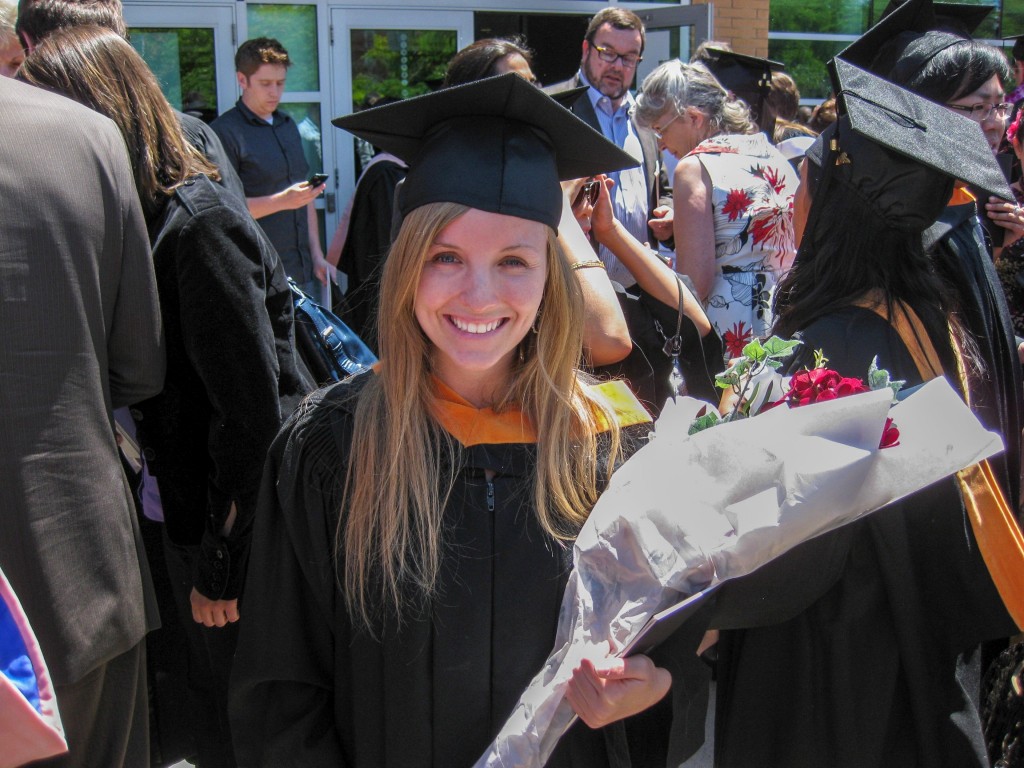
Four years of all-nighters, paper writing, and scattered clinical rotations later, I graduated with distinction and was ready to embrace the professional working world.
Sometime amidst that blur of time, a peer from high school died in a car accident. It was abrupt and unexpected, as many deaths are. Though she was not a close friend, I attended the funeral. I watched her family sputter words and tears into a microphone, revisiting cherished moments of her life.
There I had a brief but shocking epiphany: such an unanticipated event could happen to me, my family, or anyone I loved. It was a haunting thought that floated away as soon as I was vortexed back into regular life.
Shortly after graduating, I landed my dream job at a hospital. But not just any hospital, it was the children's hospital I'd dreamt of working at for years. To date, this was the most fulfilling yet emotionally exhausting job I've ever had. To be so intimately involved in the most devastating experiences of people's lives is a privilege. A sentence like that alone could never summarise the touching experiences I was a part of – they have forever touched me.
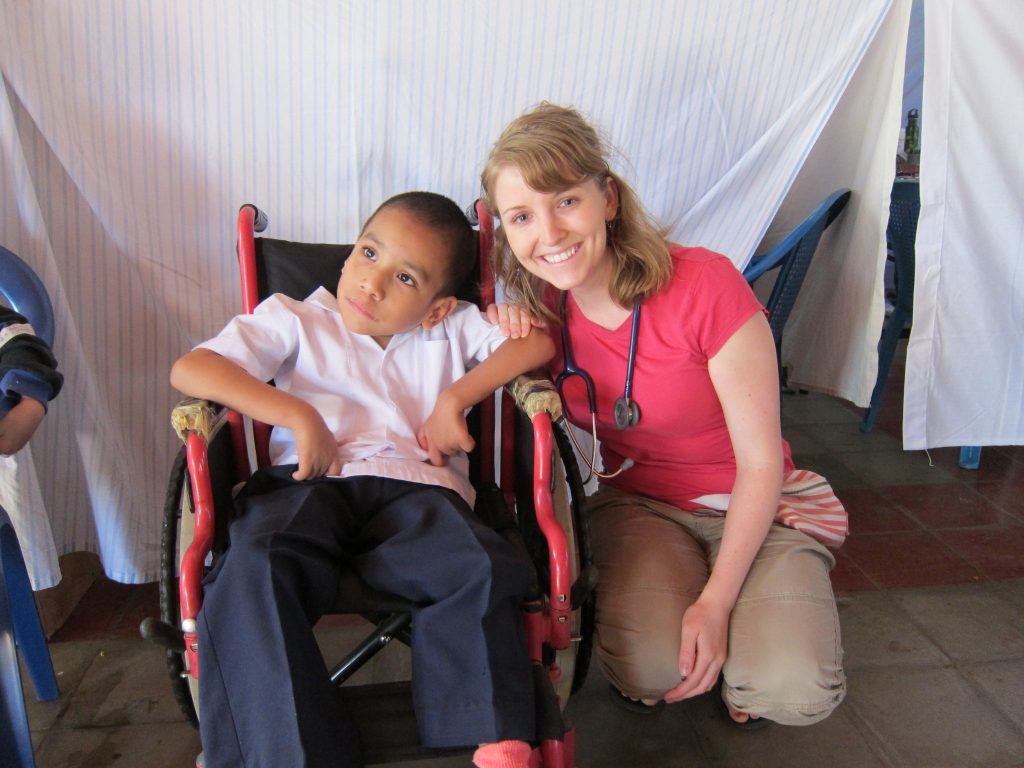
Slowly, an unravelling of sorts occurred. As I continually entered that hospital several times a week for two and a half years, something began to happen. My own mortality, which I'd been subliminally ignoring, started confronting me on a regular basis.
A children's hospital is a bright and happy place, but throughout it, snippets of tragedy can be found. Some days, death snaked its way up and down the halls. Ask nearly any nurse and they will agree; death occurs in threes. Sometimes death teased; making looming threats via blaring machines as we frantically revived, stabilised, and monitored critically ill patients.
For many of our little patients, the process of dying was, well, a process. It could take days, months, even years for many of the chronic, palliative kiddos we saw. For others who would roll into the trauma room, it was too short, too scary, too unexpected. Those were the hardest to forget.
Cold as it sounds, I think death is often shelved away as something that will happen, eventually – just not now. As a nurse, you perceive death more like a symptom or condition, something patients encounter, not you. Perhaps this is a coping mechanism to avoid existential freak outs every 12-hour shift.
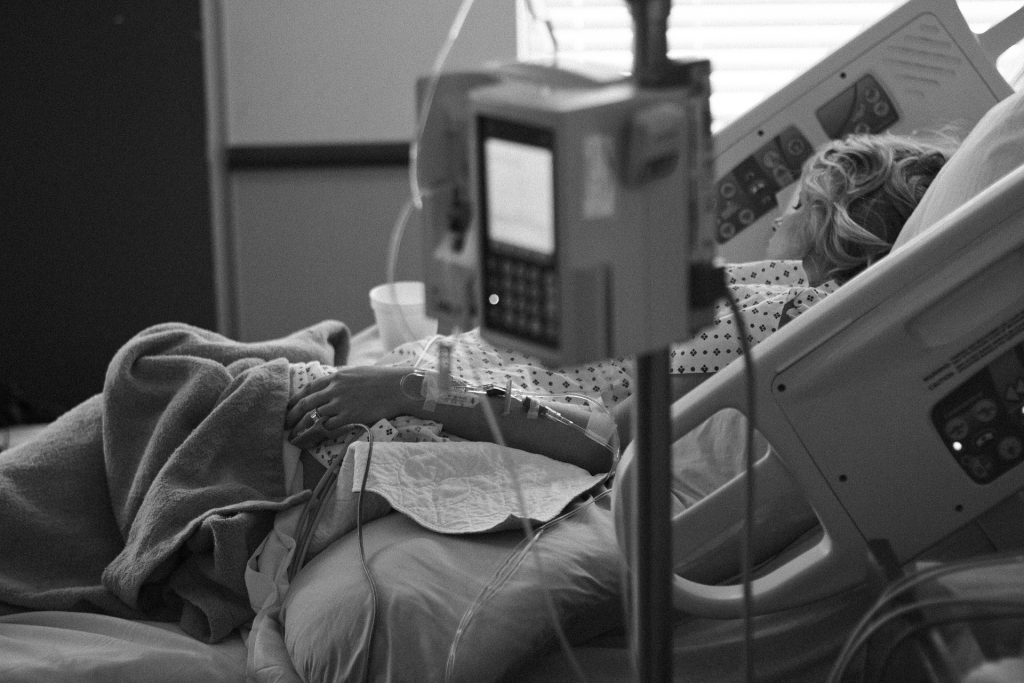
What began to really make death feel tangible for me was the aspect of it I could connect with most: family. Parents crying hysterically in my arms over the inevitable fate of their child, or seeing the brokenness of a father who couldn't accept his deceased child before him, whose last words were, “I don't wanna die!”.
Gradually, such moments plagued me. I had my health, but what was I doing with it besides being employed and spending money? A sense of urgency began to brew. I could no longer ignore that I too would die someday. What would I have to look back on?
An unsettling shift settled itself into my meticulously balanced life. I was part of an amazing team at a world-renowned hospital. Whenever people asked me the typical get-to-know-you question, “so where do you work”, I was proud to say I was a nurse. The prestige of my place of employment combined with the fulfilment of working there made me all the more guilty to leave.
Thankfully, when I shared my thoughts of quitting, I was greeted with encouragement by patients' parents. Eagerly, the families I knew especially well told me, “Go now, do it before you have kids!” or, “You never know what can happen, trust me. Go!”. I am eternally grateful for their words during that crossroads of my life.
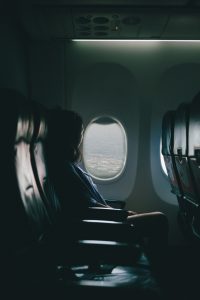
Evidently, dropping everything to travel was the best thing I ever did. It's been four years since we left “home”, but being removed from an environment that deals with death has not made me forget the fragility of life. If anything, I now embrace my mortality more than ever by trying to make my life a rich in experiences as possible. Had I not, I'd still be back at that job, ignoring the urge to see the world for more than two weeks a year for the rest of my life.
Most recently amidst a 13-hour flight, I was again reminded of the realness of human mortality. A passenger died in our plane after the frantic but futile attempts by myself and a flight attendant. We took turns compressing his chest, tens of thousands of feet over the Pacific Ocean. After covering his body in an airplane blanket, I returned to my seat and reflected. Life and its hum drums are to be expected. Death, often is not.
It amazes me still that even though we know or have an inkling of the most common regrets when we die, many shrug off that such remorse could become our own. Why do we ignore this? Why?
I'll tell you why. For the same reasons I did. Travel was intriguing, but difficult. Just the idea of it was an inconvenience. Travel challenged everything societal norms had tattooed into my brain – the usual platter of work, getting a house, and filling it with shiny things and infants. I'm forever grateful that we undid all of that.
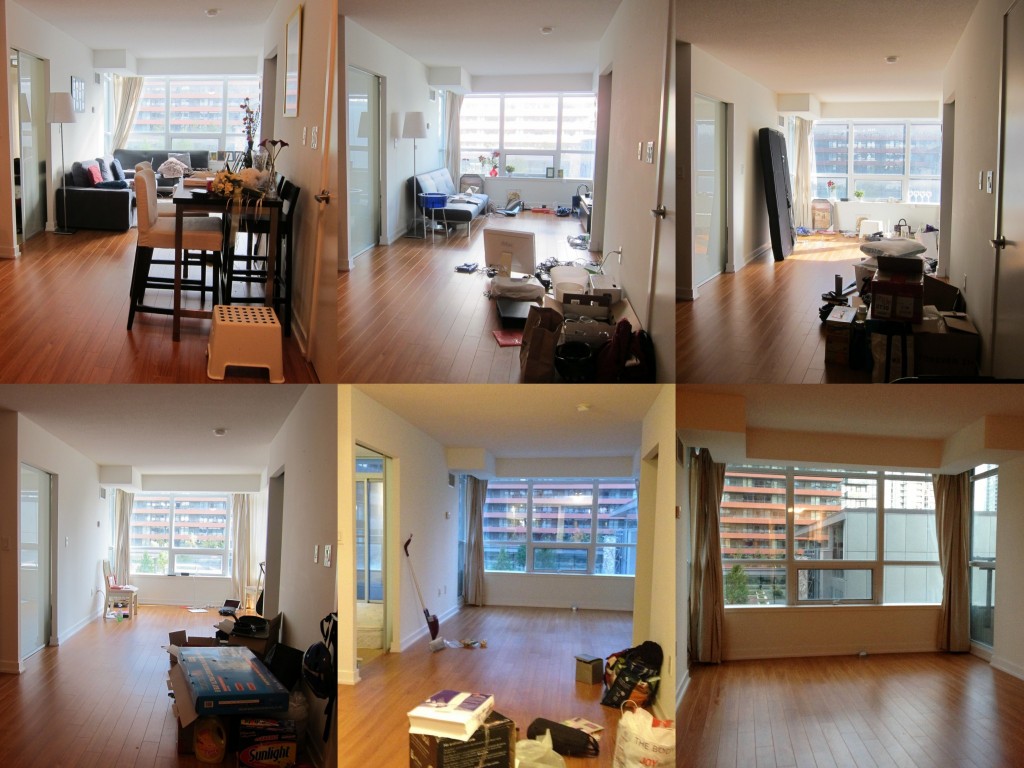
Often I wonder if I am too morbid or self-involved for brooding over my own mortality. But then I realize, it is that very acknowledgment which prevents me from shelving my dreams away under “someday”.
Put simply, many of us don't acknowledge death enough. False assurances that “it won't happen prematurely to me” only suppress us from asking what we want to be doing, but aren't.
Life is merely a rug of consciousness that can be yanked from beneath us at any moment. If it were, what would the reel of your life look like? Would it leave you with assurances of a life well lived or would you take a final breath wishing you'd done more?
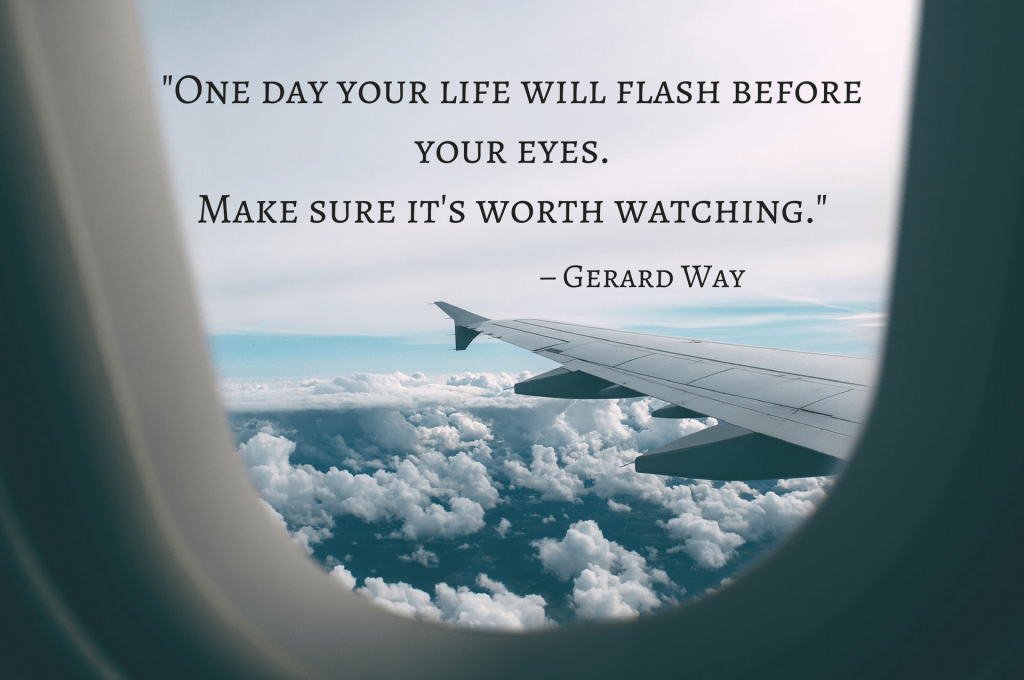
Want More Inspiration?
- For the most inspiring yet tragic story I've ever read on “why we travel”, check out Hecktic travels. Pete & Dalene's story of back-to-back tragic events that inspired them to overcome immense grief and see the world.
- Vagabonding: The Uncommon Guide to Long-Term Travel by Rolf Potts is the book that convinced Ted & I to drop it all and travel. Beware: it will probably make you do the same.

